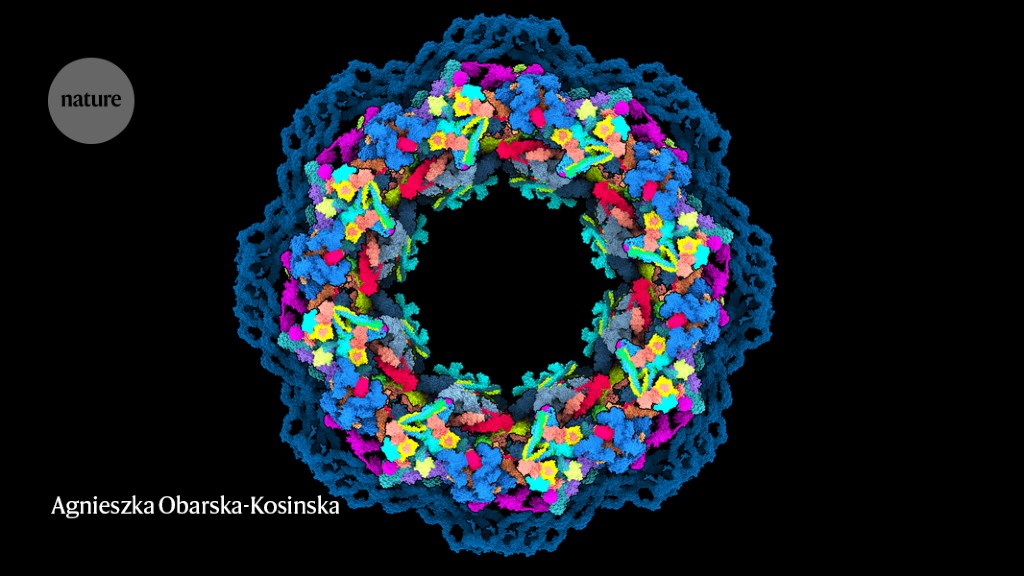skepticalbip
Contributor
- Joined
- Apr 21, 2004
- Messages
- 7,304
- Basic Beliefs
- Everything we know is wrong (to some degree)
With only one data point any speculation of the general is exactly that, wild speculation. If there are aliens then there is no reason to assume that they would act like humans or like you imagine humans will act in the future.We are based with two basic possibilities:That seems to make an awfully big assumption or maybe several big assumptions. To me Fermi's Paradox strongly suggests that there is a hell of a lot that we don't know.Yes, this is the nasty one. Fermi's Paradox strongly suggests that civilization is inherently self-destructive.
1) Intelligent aliens do not colonize.
2) No intelligent aliens capable of colonizing arise.
#1 leaves the question of why do they all stay home? This seems unlikely.
#2 leaves the question of why they don't. While we are not capable of it yet there is no reason to think it's something that can't be done in the not too distant future. No aliens reach this point--which says it's either incredibly unlikely to reach where we are now, or it's incredibly unlikely to go from where we are now to starfaring.
Thus either we have faced a barrier in history that was exceedingly hard to cross (observer effect--only the planets that cross the barrier can observe the situation, so us being a billions-to-one longshot isn't unreasonable) or we will face such a barrier in the near future.
Of course speculation can be an enjoyable exercise but it is an error to mistake the speculation for reality.
Last edited:




